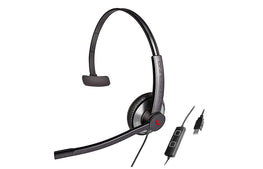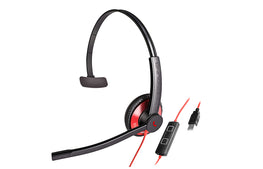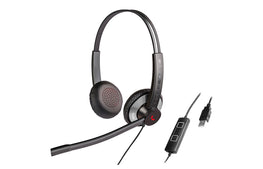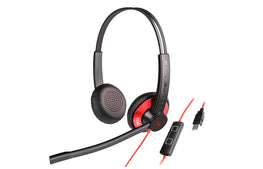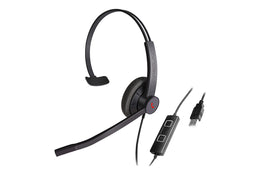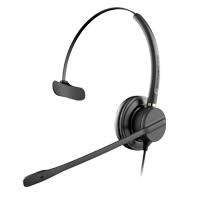
New study solidifies the importance of patient follow-up
A recent study has revealed the consequences that arise when patients are not given the proper post-treatment care.
According to an Israeli study published in the journal CHEST, the risk of re-admission from COPD exacerbation was three times higher in patients who missed a follow-up with a pulmonologist.
As well as COPD exacerbation being a distressing experience for the patient, it can be expensive for hospitals, costing American medical institutes $18 billion a year. Unnecessary re-admissions represent a wasted amount of funds and further suffering for the patient.
Positive influence from written recommendations and and pre-hospital admission visits were highlighted as methods that encouraged patients to attend their follow-ups. Conversely, one of the main factors that stopped patients from attending was distance. The study found that those who lived more than 18 miles from a clinic were significantly more likely to skip their appointment.
To help address the issue of distance, clinics across a range of fields could look at performing follow-ups from the patient's home or from a mobile unit. Here in Australia, this is becoming a more common practice. An example of this can be found in the aged care sector, with the increasing implementation of the my aged care scheme. The initiative introduced home care packages in August 2013 and has recently aimed for a more client-focused method of delivery.
For this method, voice recognition software may be a good option to help medical professionals take notes on the go. As it is compatible with a range of portable recording devices, Dragon Medical here can transcribe audio into written notes with 99 per cent accuracy. It is able to handle a vast array of medical terms and works across all three of the main operating systems, giving you the confidence to perform a quality check-up outside of the clinic.

